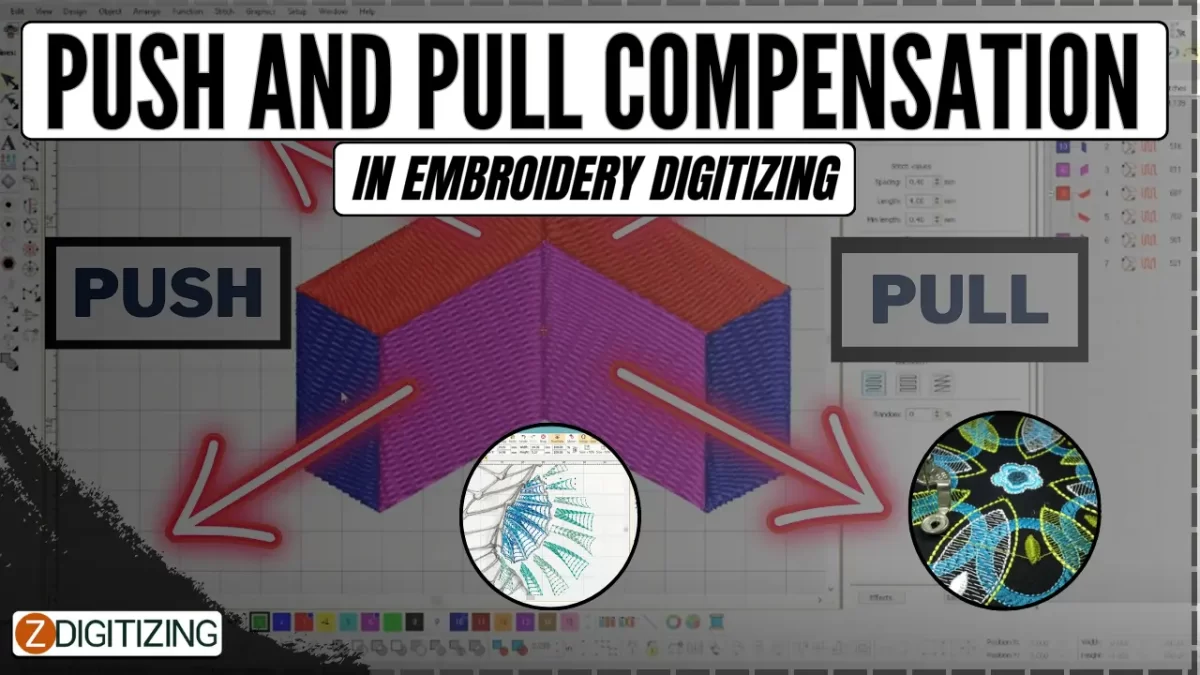Shaping a Sustainable Future with Recycling Technologies
Electronic recycling, also known as e-waste recycling, refers to the process of reusing or refurbishing electronic devices and components to prevent them from ending up in landfills.
With the rapid advancement of technology and the ever-increasing demand for electronic gadgets, the need for responsible disposal and recycling of electronic waste has become more critical than ever.
The Importance of Electronic Recycling
Environmental Impact:
Electronic devices contain hazardous materials such as lead, mercury, and cadmium, which can pollute the environment if not disposed of properly.
Recycling electronics helps prevent these toxins from seeping into soil and water sources, reducing environmental pollution and protecting ecosystems.
Resource Conservation:
Many electronic devices contain valuable materials like gold, silver, and copper.
Recycling these materials reduces the need for mining virgin resources, conserving natural reserves and reducing energy consumption associated with extraction and processing.
Types of Electronic Waste:
Electronic waste encompasses a wide range of products, including consumer electronics like smartphones and laptops, IT equipment such as servers and routers, and household appliances like refrigerators and washing machines.
The Process of Electronic Recycling
Collection and Sorting
Electronic recyclers collect e-waste from individuals, businesses, and governments.
The collected items are sorted based on their type and condition to determine the appropriate recycling method.
Dismantling and Shredding
Once sorted, electronic devices are dismantled to extract valuable components and materials.
The remaining parts are shredded into smaller pieces to facilitate further processing.
Material Recovery
The shredded materials undergo various processes such as shredding, melting, and refining to recover valuable metals and other reusable materials.
These recovered materials can then be used to manufacture new electronic devices or other products.
Benefits of Electronic Recycling
Reduction of Landfill Waste
By diverting electronic waste from landfills, recycling helps reduce the burden on landfill sites and prolong their lifespan.
It also minimizes the release of harmful toxins into the environment, preserving natural habitats and biodiversity.
Conservation of Resources
Recycling electronic devices conserves valuable resources like metals, minerals, and plastics.
By reusing these materials, recycling reduces the need for raw material extraction, which can be environmentally destructive and energy-intensive.
Prevention of Environmental Pollution
Proper disposal and recycling of electronic waste prevent harmful substances from leaching into the soil and water, reducing pollution and mitigating health risks for humans and wildlife.
Challenges in Electronic Recycling
Lack of Awareness
Many people are unaware of the importance of electronic recycling and the potential environmental hazards associated with improper disposal.
Increased awareness and education are essential to encourage responsible recycling practices.
Complexity of Recycling Process
The recycling process for electronic waste can be complex and costly, requiring specialized equipment and expertise.
As a result, not all electronic waste is recycled, leading to significant amounts ending up in landfills or being exported to developing countries with lax regulations.
E-Waste Exportation
Some developed countries export their electronic waste to developing nations, where it is often processed in unsafe and environmentally harmful conditions.
Addressing this issue requires international cooperation and stricter regulations on e-waste exports.
Global Efforts in Electronic Recycling
Legislation and Regulations
Many countries have implemented legislation and regulations to govern the recycling and disposal of electronic waste.
These laws aim to promote responsible recycling practices, minimize environmental impact, and hold manufacturers accountable for the end-of-life management of their products.
Corporate Initiatives
Numerous companies have launched initiatives to promote electronic recycling and sustainability.
These initiatives include product take-back programs, eco-friendly product design, and investment in recycling infrastructure.
Community Recycling Programs
Communities around the world have established recycling programs to encourage residents to dispose of electronic waste responsibly.
These programs often provide drop-off locations or organize e-waste collection events to make recycling more accessible.
Tips for Responsible Electronic Disposal
Donate or Sell Working Devices
If your electronic devices are still functional, consider donating or selling them instead of throwing them away.
Many organizations accept used electronics for refurbishment and resale or donation to those in need.
Find Certified E-Waste Recyclers
When recycling electronic devices, look for certified e-waste recyclers who adhere to environmental and safety standards.
These recyclers ensure that your electronic waste is handled responsibly and ethically.
Dispose of Batteries Properly
Batteries contain hazardous materials and should be disposed of separately from other electronic waste.
Many retailers and recycling centers accept batteries for proper disposal or recycling.
The Future of Electronic Recycling
Technological Innovations
Advancements in recycling technologies, such as robotic dismantling and automated sorting systems, are making electronic recycling more efficient and cost-effective.
These innovations improve the recovery rates of valuable materials and reduce the environmental impact of recycling processes.
Circular Economy Models
The concept of a circular economy, where products are designed for reuse and recycling, is gaining traction in the electronics industry.
By implementing circular economy principles, manufacturers can minimize waste generation and maximize resource efficiency throughout the product lifecycle.
Education and Awareness
Increasing public awareness and education about electronic recycling are crucial for driving positive change.
By educating consumers about the benefits of recycling and providing convenient recycling options, we can encourage more people to recycle their electronic waste responsibly.
Recycle Technologies: Leading the Charge
Bulb Recycling Solutions
Recycle Technologies offers comprehensive solutions for bulb recycling, including compact fluorescent lamps (CFLs) and light-emitting diode (LED) bulbs.
Through innovative processes, they ensure the safe and efficient recycling of bulbs, preventing the release of harmful substances into the environment.
E-Waste Recycling Innovations
As electronic devices continue to proliferate, the need for effective e-waste recycling solutions becomes increasingly pressing.
Recycle Technologies leverages advanced technologies to dismantle and recycle electronic devices, maximizing resource recovery while minimizing environmental impact.
TV Recycling Services
With the rise of smart TVs and other electronic displays, proper disposal of outdated televisions is essential.
Recycle Technologies offers tailored TV recycling services, ensuring that these devices are responsibly recycled and that their components are recovered for reuse.
Battery Recycling Solutions
Batteries are ubiquitous in electronic devices, yet their disposal poses environmental challenges due to the presence of toxic materials.
Recycle Technologies specializes in battery recycling, implementing processes that safely extract valuable materials while mitigating environmental risks.
Shredding Services for Secure Data Destruction
In an age where data security is paramount, proper disposal of electronic devices is essential to prevent unauthorized access to sensitive information.
Recycle Technologies offers shredding services for electronic devices, ensuring secure data destruction while facilitating responsible recycle practices.
Also Read: A Comprehensive Guide to Solar Panel Prices
Conclusion
Electronic recycleplays a vital role in mitigating environmental pollution, conserving resources, and promoting sustainable consumption and production practices. By adopting responsible recycling habits and supporting initiatives to improve electronic waste management, we can contribute to a cleaner and more sustainable future.
FAQs
1. What items can be recycled as electronic waste?
Electronic waste includes a wide range of devices, such as smartphones, computers, TVs, and household appliances like refrigerators and microwaves.
2. Why is electronic recycling important?
Electronic recycling helps prevent environmental pollution, conserve valuable resources, and reduce the carbon footprint associated with electronic waste disposal.
3. How can I recycle my old electronics?
You can recycle old electronics by donating or selling them, finding certified e-waste recyclers, or participating in community recycling programs.









